Oct 05
The Fannie Lou Hamer Centennial and Black Women's Organizing Traditions
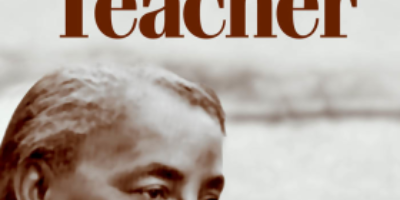
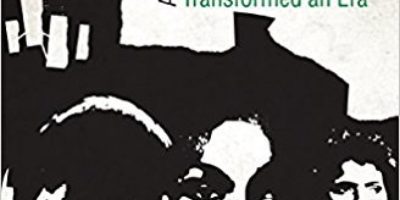
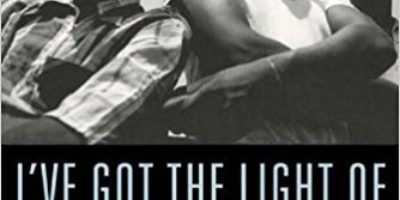
Description
Out of the shadows of the John F. Kennedy centennial, join the Fannie Lou Hammer centennial (1917-2017). First, Mrs. Fannie Lou Hamer set the pace for the Mississippi Freedom Movement in the 1960s, knocking down Jim Crow barriers to human rights, protesting the Vietnam War, and fighting American poverty. Second, in South Carolina, Septima Clark pioneered the Grassroots organizing tradition with the Citizenship Schools. Third, in Newark, New Jersey and the Jim Crow North, the Black Women’s United Front established African Free Schools and insisted on women’s rights of self-defense against white terror, including rape.
Speakers
-
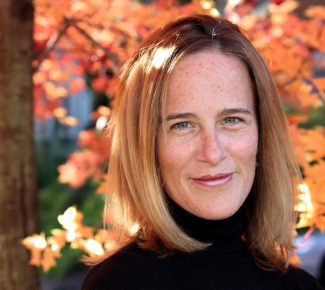
Katherine Charron
North Carolina State University
Katherine Mellen Charron joined NC State's History Department in the fall of 2007. She has taught classes on the civil rights movement, southern history, U.S. women's history, the U.S. in the 20th century, American history and memory, and research/methods classes for history majors. Dr. Charron's first monograph, Freedom's Teacher: The Life of Septima Clark (UNC Press, 2009) won the 2010 Julia Cherry Spruill Prize for the best book in southern women's history, awarded by the Southern Association of Women's Historians; and the 2010 George C. Rogers Jr. prize for best book in South Carolina history, awarded by the South Carolina Historcal Society.
-
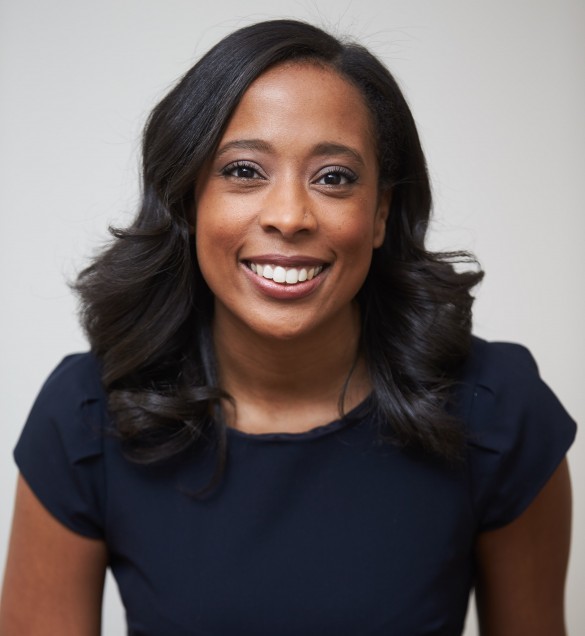
Ashley Farmer
University of Texas at Austin
Ashley Farmer is a historian of black women's history, intellectual history, and radical politics. She is currently an Assistant Professor in the Departments of History and African and African Diaspora Studies at the University of Texas at Austin. Her book, Remaking Black Power: How Black Women Transformed an Era is the first comprehensive intellectual history of women in the black power movement. The book introduces new and overlooked women activists into the history of black power, examines the depth and breath of their political and intellectual engagement, and shows the relationship between women’s gendered theorizing and the trajectory of the black power movement. She is also the co-editor of New Perspectives on the Black Intellectual Tradition, an anthology that examines four central themes within the black intellectual tradition: Black internationalism, religion and spirituality, racial politics and struggles for social justice, and black radicalism.
She is also the author of several articles about African American women’s black power activism and intellectual production and her research interests include African American history, gender history, and intellectual history. She is a graduate of Spelman College and holds a Ph.D. in African American Studies and an M.A. in History from Harvard University.
-
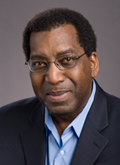
Charles Payne
Rutgers University - Newark
Charles M. Payne is the Henry Rutgers Distinguished Professor of African American Studies at Rutgers University Newark and the Director of the Joseph Cornwall Center for Metropolitan Research. His research and teaching interests include urban education and school reform, social inequality, social change and modern African American history, particularly the Black Freedom Struggle. His books include So Much Reform, So Little Change, which examines the persistence of failure in urban schools, and a co-edited anthology, Teach Freedom: The African American Tradition of Education For Liberation, which is concerned with education as a tool for liberation from Reconstruction through Children’s Defense Fund Freedom Schools. He is also the author of Getting What We Ask For: The Ambiguity of Success and Failure In Urban Education and I've Got the Light of Freedom: The Organizing Tradition in the Mississippi Civil Rights Movement. He is co-author of Debating the Civil Rights Movement and co-editor of Time Longer Than Rope: A Century of African American Activism, 1850 -1950.
Payne has been a member of the Board of the Chicago Algebra Project, of the Steering Committee for the Consortium on Chicago School Research, the Board of Directors of MDRC, the Research Advisory Committee for the Chicago Annenberg Project, and the advisory board for Teacher College Press’ series on social justice. He is a co-founder of the Duke Curriculum Project, which involved university faculty in the professional development of public school teachers and also co-founder of the John Hope Franklin Scholars, which tries to better prepare high school youngsters for college. He is among the founders of the Education for Liberation Network, which encourages the development of educational initiatives that encourage young people to think critically about social issues and understand their own capacity for addressing them. Payne was also founding director of the Urban Education Project in Orange, New Jersey, a nonprofit community center that tried to interest urban youngsters in technical careers. From 2009 to 2011, he served as the acting executive director of the Woodlawn Children’s Promise Community, an effort, modeled on the Harlem Children’s Zone, to dramatically improve youth outcomes in the Woodlawn neighborhood of Chicago.
-
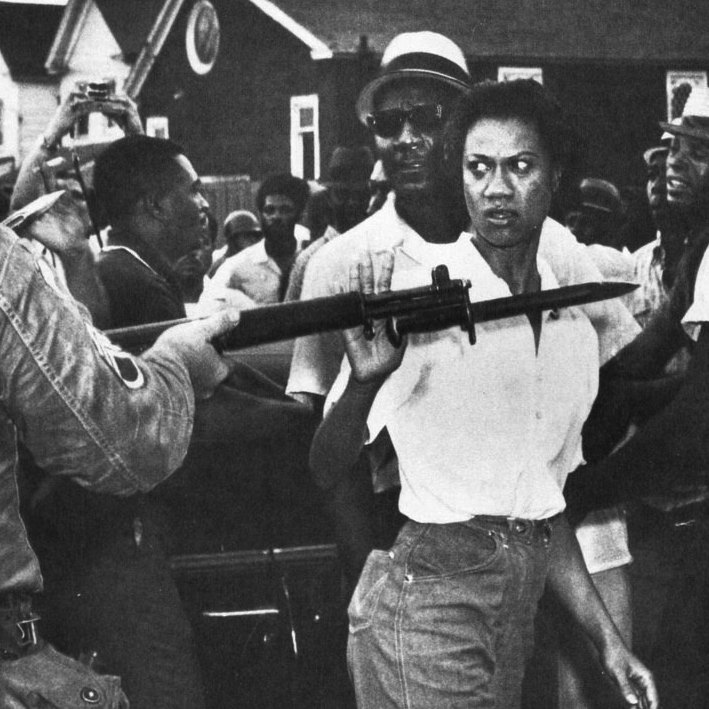
Gloria Richardson
SNCC and former leader of the Cambridge movement